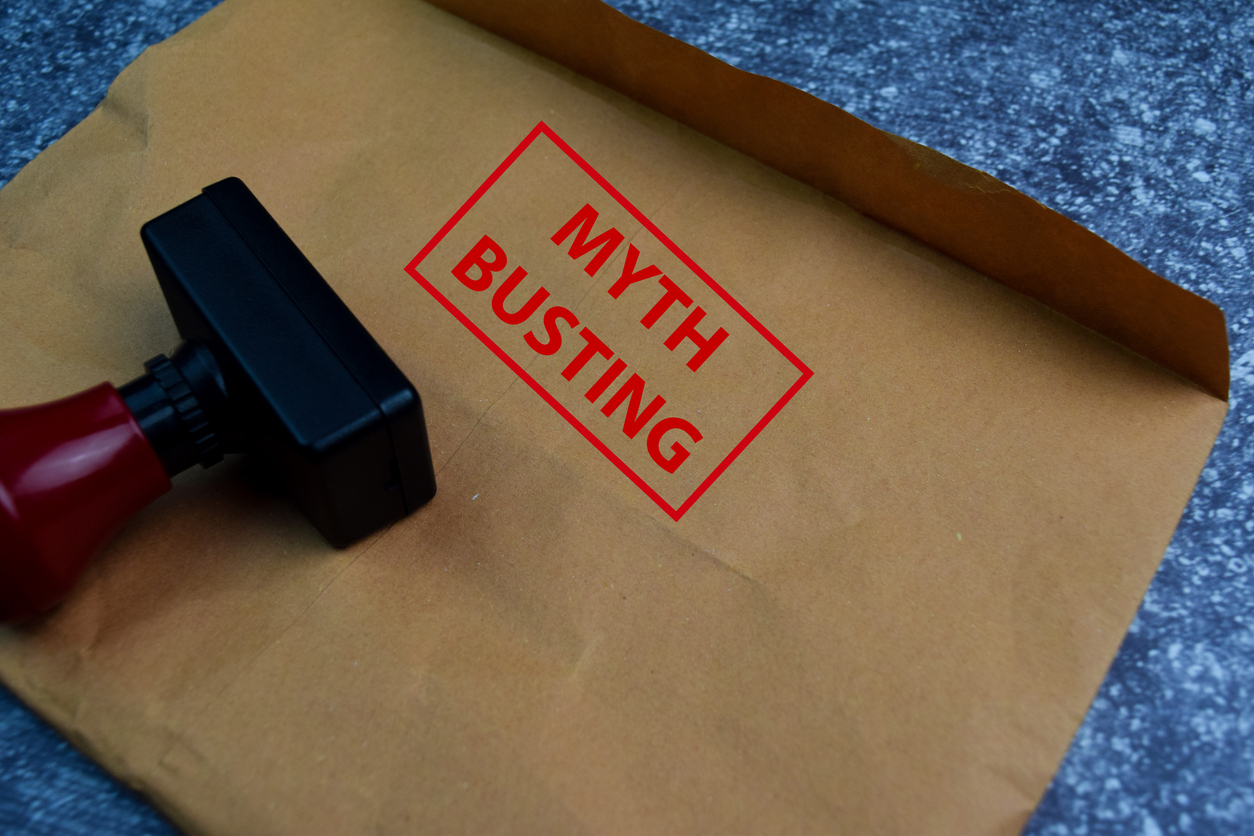
There are common misconceptions and myths associated with homeownership. You can find opposing viewpoints with many different aspects, making it difficult to clarify what is true and what isn’t. Shedding light on the confusion may help determine what is fact and what is fiction. Homeownership is often a great long-term investment. You may find it helpful to take a first-time homebuyer education course to examine your own unique situation and determine what options best suit your needs.
Here are the top 5 myths surrounding homeownership.
You Must Put 20% Down
All too often, people believe that the only way they can get a home is if they give a down payment of 20%. Typically, this will help you and will take away many additional mortgage insurance requirements, but it is not the only way to land a home.
It may be helpful to use that money to build equity and put into home updates. If the value of the home increases over time, equity builds even quicker. With all the mortgage programs available for those with lower down payment funds, you could even check to see if you qualify for a loan. Some lenders even offer incentives for first-time homebuyers, which don’t require a 20% down payment.
Large Opportunity Costs
The financial advisors commonly show the math that if you continue to rent and invest all of your extra money in the market, you’ll get back more money over time instead of spending that time and money on a house. However, that is not always the case. In fact, people don’t invest their extra income. Most people don’t have enough savings to cover a $500 expense or even have $1,000 in savings. Since so many people are basically living paycheck to paycheck, so this is not the best advice for them. With little to no savings and no other investments, homeownership can be a great way to build wealth for the long term.
A Down Payment is All that’s Needed
There are certain costs that you must be aware of before purchasing a home. There are closing costs that involve mortgage fees and taxes, which must be paid when the mortgage loan is finalized. Other potential fees may arise depending on the location and mortgage type, such as:
- Origination fees
- Service fees
- Underwriting fees
- Title search
- Title insurance
- Appraisals
- Inspections
- Surveys
- Escrow fees
- Taxes
- Certifications
Some may be rolled into the mortgage loan balance, but not all of them. To be safe, add about 2-5% of the home’s total purchase price in fees. Then you will need to consider the costs of actual homeownership like:
- Costs of moving into the house
- Association dues
- Utilities
- Maintenance
It is important to factor in these extra expenses when buying a home and note that there are almost always unexpected expenses when getting settled into the home as well.
You Need Perfect Credit
With the vast number of mortgage defaults and foreclosures, lenders are understandably cautious about whom they give mortgage loans. However, your credit score doesn’t have to be perfect. Yes, better credit means you will qualify for better interest rates, and you’ll have more loan options. But those with imperfect credit can still pursue homeownership; just be sure your credit is up-to-date. You may even consider speaking with a housing advisor regarding pre-purchase housing, your credit, and its impact on the mortgage application.
Mortgage Rates are Getting too High
Mortgage rates are always fluctuating, so it is possible to miss out on a great rate if they spike even by the slightest percentage. Historically speaking, rates are very low right now, so if rates go up a quarter or even half a percent, that doesn’t mean you shouldn’t buy a house.
About Sine Insurance
At Sine Insurance Group, we are dedicated to providing you with custom-tailored insurance policies to protect your assets. Our comprehensive packages have been expertly crafted to serve St. Louis and the surrounding areas for the past 25 years. For more information about our products, contact us today at (855) 700-0889.

